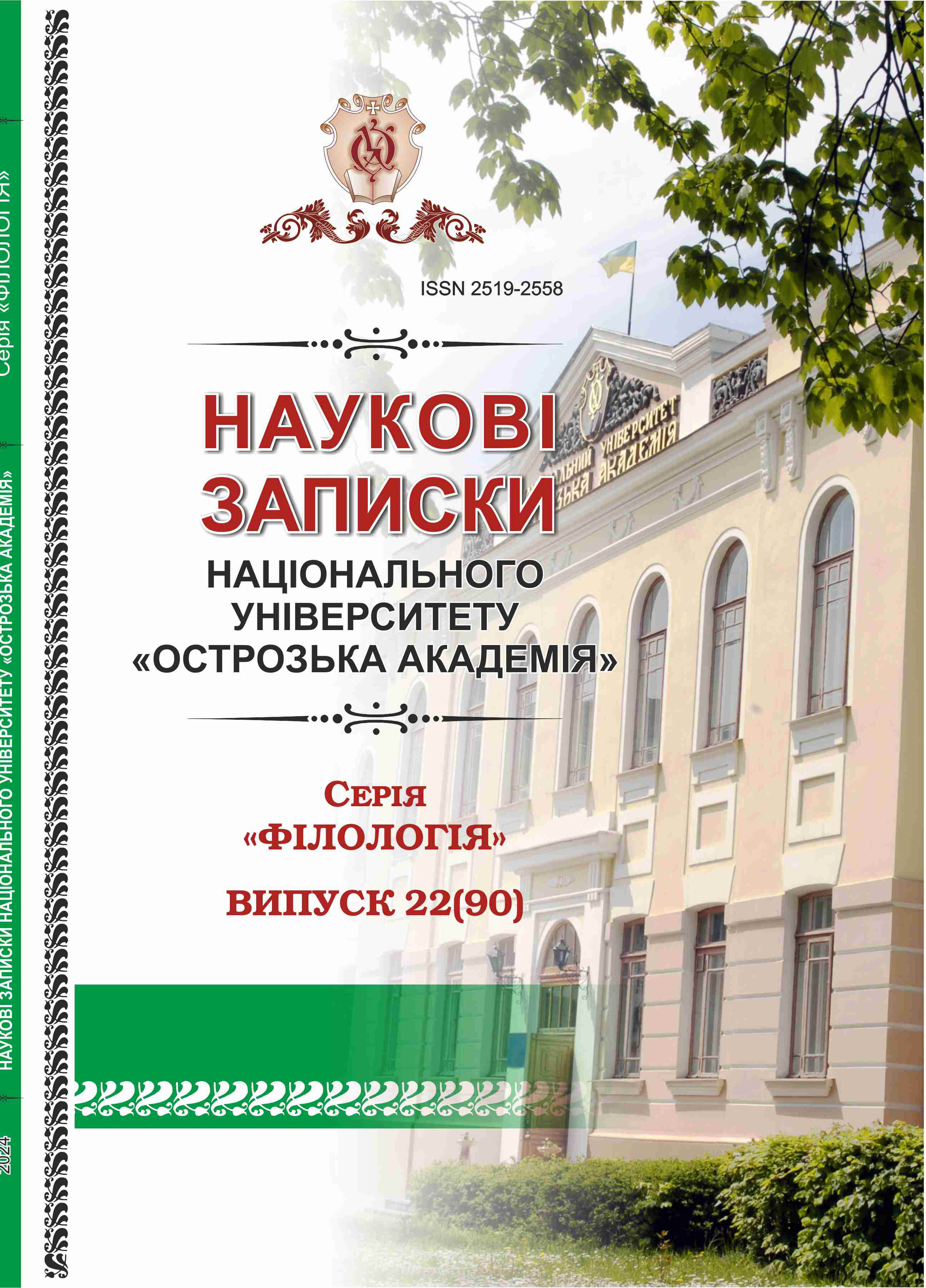THE BUCOLIC MOTIFS IN HRYHORII SKOVORODA'S COLLECTION “THE GARDEN OF DIVINE SONGS”
Keywords:
Hryhoriy Skovoroda, bucolic poem, garden, antiquity, natural idyllAbstract
There is an analysis of bucolic motifs in the poems of the collection. The works of Hryhoriy Skovoroda are baroque completely. It’s noted by V. Shevchuk in his studies. Poetry often is religious as it was in the works of Ukrainian baroque writers in general. The most baroque image of the collection is an allegory of a garden. It is a heavenly paradise and also сcontrasts to hell and sorrow.
The ancient heritage (literature and philosophy) is another source of creativity. Hryhoriy Skovoroda studied many authors. The philosophy of Epicurus has a particular influence on the author. “Garden of Epicurus” is named the school of the philosopher.
The famous scientist L. Ushkalov noted the bucolic motifs in the collection. Bucolic is a genre of ancient poetry. It tells about a free and happy life in the country. The ancient Roman poet Virgil wrote the bucolic poem. Like a bucolic poem. is the 13th song of the collection “The Garden of Divine Snatre Songs”. Skovoroda uses bucolic images (blooming fields, clean streams, birdsong, shepherd, sheep) to paint a picture of a free and calm life in the beautiful nature.
There are also author bucolic images such as lark, woodpecker, and goat Hryhoriy Srovoroda often сcontrasts different seasons of the year. Happiness connects with a natural idyll which we have in the 18th poem of the collection. It cannot be without life in the country. The city is an image of evil like in the 12th poem of the collection “The Garden of Divine Songs” by Hryhoriy Skovoroda.

